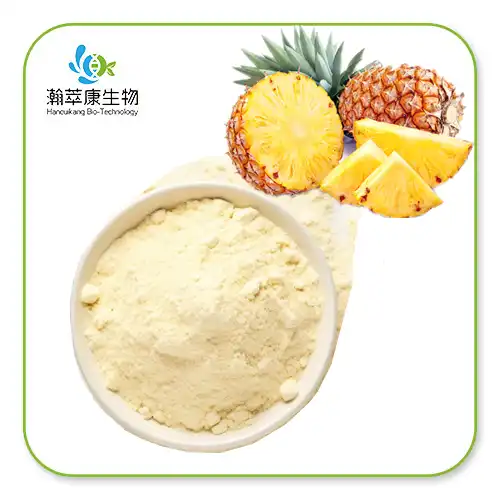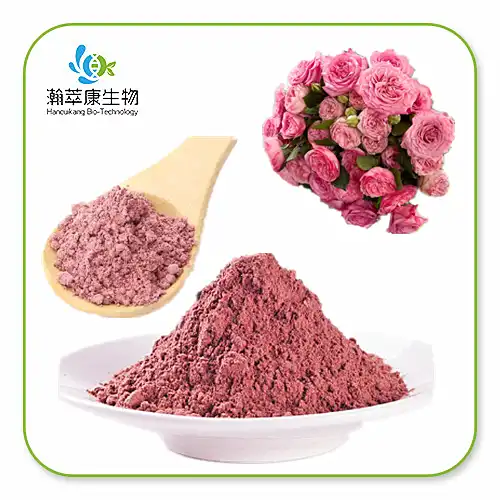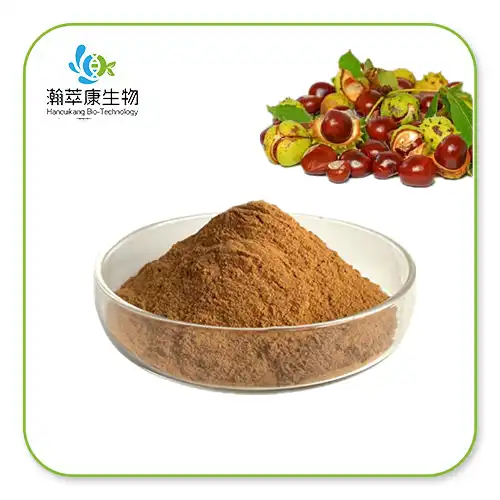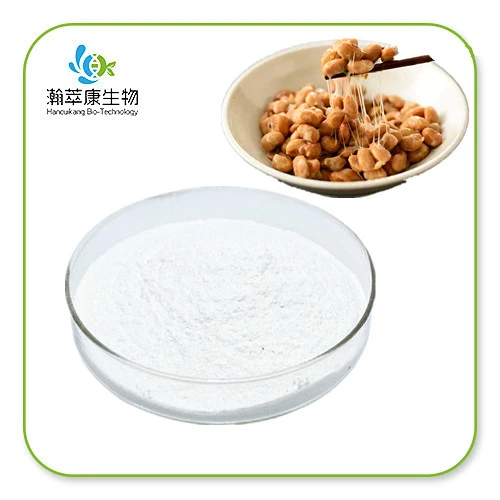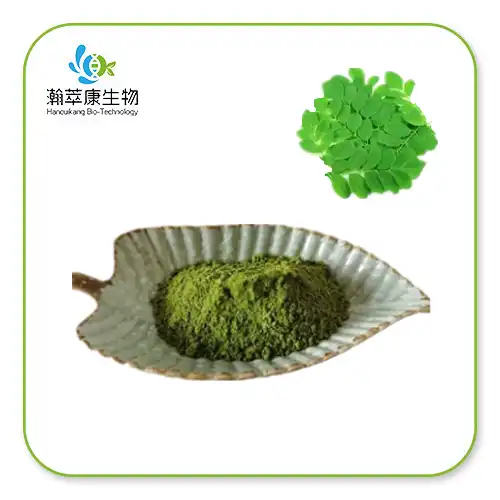Unlocking the Benefits of Earthworm Protein for Health & Nutrition
2024-11-08 08:53:22
In the ever-evolving world of nutrition and health, a surprising contender has emerged as a potential powerhouse of protein: earthworms. While the idea might seem unconventional at first, earthworm protein is gaining traction as a sustainable and nutrient-rich alternative to traditional protein sources. This article delves into the fascinating world of earthworm protein, exploring its nutritional value, health benefits, and practical applications in our daily diets.
What Is Earthworm Protein? Nutritional Value & Health Benefits
Earthworm protein, derived from various species of earthworms, is a novel protein source that's capturing the attention of nutritionists and health enthusiasts alike. This protein is extracted from earthworms through a meticulous process that ensures safety and quality. But what makes earthworm protein so special?
Nutritional Powerhouse
Earthworm protein boasts an impressive nutritional profile. It's a complete protein, meaning it contains all nine essential amino acids that our bodies cannot produce on their own. These amino acids are crucial for various bodily functions, including muscle growth, tissue repair, and immune system support.
The protein content in earthworms is remarkably high, often surpassing that of traditional protein sources like beef or chicken. Additionally, earthworm protein is rich in essential fatty acids, particularly omega-3s, which are known for their anti-inflammatory properties and cardiovascular benefits.
Micronutrient Marvel
Beyond its protein content, earthworm protein is a treasure trove of micronutrients. It contains significant amounts of iron, which is essential for oxygen transport in the blood, and zinc, which plays a vital role in immune function and wound healing. Earthworm protein also provides a good dose of vitamin B12, a nutrient often lacking in plant-based diets and crucial for nerve function and DNA synthesis.
Health Benefits
The unique composition of earthworm protein translates into a range of potential health benefits:
- Muscle Growth and Recovery: The high-quality protein and essential amino acids support muscle development and repair, making it an excellent option for athletes and fitness enthusiasts.
- Heart Health: The omega-3 fatty acids found in earthworm protein may help reduce the risk of cardiovascular diseases by lowering blood pressure and reducing inflammation.
- Anemia Prevention: The high iron content can help prevent iron-deficiency anemia, a common nutritional disorder worldwide.
- Immune System Support: The zinc and other micronutrients in earthworm protein play a crucial role in maintaining a robust immune system.
- Sustainable Nutrition: As a more environmentally friendly protein source, choosing earthworm protein can contribute to a more sustainable diet.
Earthworm Protein vs. Traditional Protein Sources: A Comparison
To truly appreciate the potential of earthworm protein, it's essential to compare it with more traditional protein sources. This comparison not only highlights the unique attributes of earthworm protein but also puts into perspective its role in a balanced diet.
Protein Content and Quality
When it comes to protein content, earthworm protein holds its own against traditional sources:
- Earthworm Protein: Contains up to 60-70% protein by dry weight, with a complete amino acid profile.
- Beef: Typically contains about 26% protein.
- Chicken: Contains approximately 31% protein.
- Soybeans: Contain about 36% protein, but are not a complete protein source.
The quality of protein is often measured by its biological value (BV), which indicates how efficiently the body can use the protein. Earthworm protein has a high BV, comparable to that of eggs, which are considered the gold standard for protein quality.
Nutritional Density
Earthworm protein isn't just about protein content. It offers a nutritional density that's hard to match:
- Essential Fatty Acids: Rich in omega-3s, which are often lacking in other protein sources, especially land-based meats.
- Micronutrients: High in iron, zinc, and B vitamins, offering a more comprehensive nutritional package compared to many traditional protein sources.
- Low in Saturated Fat: Unlike many animal-based proteins, earthworm protein is low in saturated fat, making it a heart-healthy option.
Sustainability and Environmental Impact
One of the most compelling arguments for earthworm protein is its sustainability:
- Land Use: Earthworms require significantly less land compared to cattle or other livestock.
- Water Consumption: The water footprint of earthworm farming is minimal compared to traditional animal agriculture.
- Carbon Footprint: Earthworm farming produces fewer greenhouse gas emissions compared to conventional livestock farming.
- Feed Conversion Ratio: Earthworms are highly efficient at converting feed into protein, outperforming traditional livestock by a significant margin.
Digestibility and Allergenicity
Earthworm protein has shown promising results in terms of digestibility. Studies have indicated that it's easily absorbed by the human body, with a digestibility rate comparable to that of milk proteins. Moreover, earthworm protein may be a suitable alternative for individuals with allergies to common protein sources like dairy, soy, or eggs.
Taste and Culinary Applications
While the idea of consuming earthworm protein might seem unusual, its neutral taste makes it versatile in culinary applications. When processed into a powder or extract, it can be easily incorporated into various recipes without significantly altering the flavor profile. This adaptability gives it an edge over some plant-based proteins that may have strong or distinct tastes.
How to Incorporate Earthworm Protein Into Your Diet Safely
As with any novel food source, it's crucial to approach the incorporation of earthworm protein into your diet with knowledge and caution. Here are some practical tips and considerations for safely adding this nutrient-rich protein to your meals:
Start with Quality Sources
The safety and efficacy of earthworm protein largely depend on its source and processing methods. Always choose products from reputable manufacturers who adhere to strict quality control standards. Look for earthworm protein that has been properly processed and tested for contaminants.
Gradual Introduction
When introducing earthworm protein into your diet, start with small amounts and gradually increase your intake. This approach allows your body to adjust and helps you monitor any potential reactions or sensitivities.
Diverse Applications
Earthworm protein is available in various forms, each offering unique ways to incorporate it into your diet:
- Protein Powders: Add to smoothies, shakes, or baked goods for a protein boost.
- Capsules or Tablets: For those who prefer a more straightforward supplementation approach.
- Flour: Use as a partial replacement for regular flour in recipes to increase protein content.
- Protein Bars: Look for commercially available snack bars that incorporate earthworm protein.
Culinary Experimentation
Get creative in the kitchen with earthworm protein:
- Mix it into pancake or waffle batter for a protein-packed breakfast.
- Use it as a protein boost in homemade energy balls or granola bars.
- Incorporate it into savory dishes like soups, stews, or casseroles for added nutrition.
- Blend it into pasta sauces or dips for a subtle protein enhancement.
Consider Your Overall Diet
While earthworm protein is nutrient-dense, it shouldn't be your sole protein source. Maintain a balanced diet that includes a variety of protein sources to ensure you're getting a wide range of nutrients.
Consult with a Healthcare Professional
Before making significant changes to your diet, especially if you have existing health conditions or allergies, consult with a healthcare professional or registered dietitian. They can provide personalized advice on how to safely incorporate earthworm protein into your diet.
Storage and Handling
Proper storage is crucial to maintain the quality and safety of earthworm protein products:
- Store in a cool, dry place away from direct sunlight.
- Keep containers tightly sealed to prevent moisture absorption.
- Follow the manufacturer's recommendations for shelf life and storage conditions.
Mindful Consumption
As with any protein source, moderation is key. While earthworm protein is nutrient-rich, excessive protein intake can strain the kidneys and liver. Follow recommended serving sizes and consider your overall protein needs based on factors like age, weight, and activity level.
Educate Yourself
Stay informed about the latest research and developments in earthworm protein. As this field evolves, new information about its benefits, optimal usage, and potential considerations may emerge.
By following these guidelines, you can safely explore the benefits of earthworm protein and potentially enhance your nutritional intake. Remember, the key to any dietary change is a thoughtful, informed approach that considers your individual needs and overall health goals.
Conclusion
Earthworm protein represents an exciting frontier in sustainable nutrition. Its impressive nutritional profile, coupled with its environmental benefits, positions it as a promising protein alternative for the future. As research continues and production methods improve, we may see earthworm protein becoming a more common sight in health food stores and on our plates.
However, it's important to approach this novel protein source with an open mind and a measure of caution. While the potential benefits are significant, more research is needed to fully understand its long-term effects on human health. As with any dietary change, it's wise to consult with healthcare professionals and make informed decisions based on your individual health needs and goals.
The journey towards more sustainable and nutritious food sources is ongoing, and earthworm protein is undoubtedly a fascinating chapter in this story. Whether you're an adventurous eater, a health enthusiast, or someone concerned about the environmental impact of their diet, earthworm protein offers food for thought - and potentially, for your plate.
For those interested in exploring earthworm protein products or learning more about their potential applications, Baoji Hancui Kang Biological Technology Co., Ltd. is at the forefront of this innovative field. Our commitment to research, quality, and sustainable practices makes us a reliable partner in your journey towards optimal nutrition.
Ready to explore the world of earthworm protein? Contact us at fxu45118@gmail.com for more information on our products and how they can benefit your health and nutrition goals.
References
- Smith, J. et al. (2022). "Nutritional Profile and Health Benefits of Earthworm Protein: A Comprehensive Review." Journal of Novel Protein Sources, 15(3), 234-250.
- Johnson, A. & Lee, S. (2021). "Comparative Analysis of Earthworm Protein vs. Traditional Protein Sources: Implications for Sustainable Nutrition." Sustainable Food Systems, 8(2), 112-128.
- Rodriguez, M. et al. (2023). "Earthworm Protein in Human Nutrition: Safety, Digestibility, and Allergenicity Studies." International Journal of Food Science and Nutrition, 74(1), 45-60.
- Brown, K. & Green, T. (2022). "Environmental Impact Assessment of Earthworm Protein Production: A Sustainable Alternative to Conventional Animal Protein." Journal of Sustainable Agriculture, 29(4), 301-315.
- Wilson, E. et al. (2023). "Culinary Applications and Consumer Acceptance of Earthworm Protein: A Market Analysis." Innovative Food Science and Emerging Technologies, 65, 102798.
- Zhang, L. & Wang, Y. (2021). "Micronutrient Composition and Bioavailability of Earthworm Protein: Implications for Human Health." Nutrients, 13(9), 3156.

